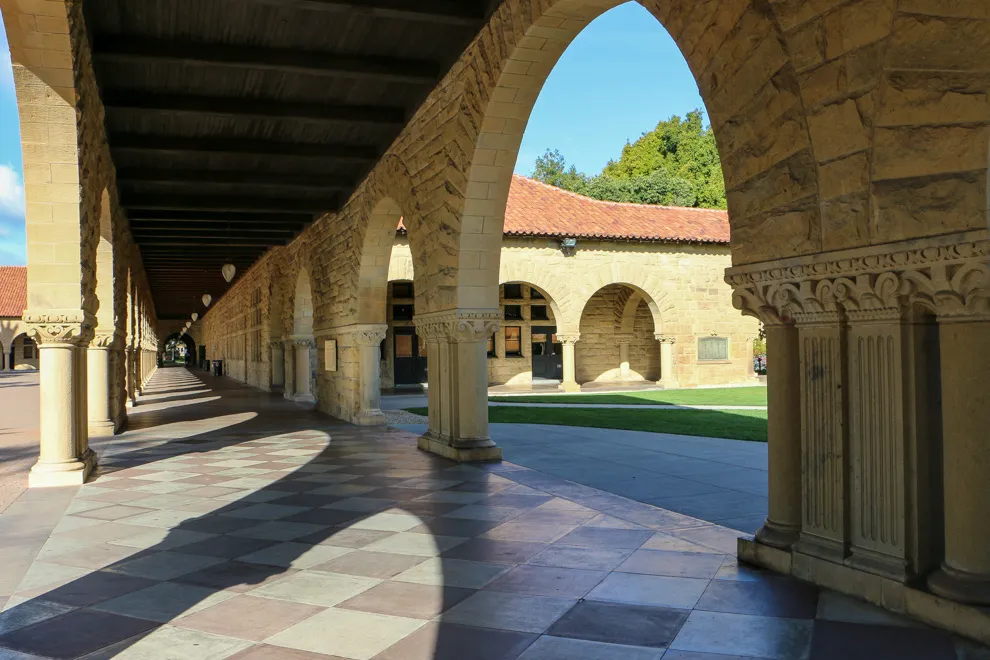When you think of a Stanford student, what do you think of? Someone smart? Someone motivated? Someone involved in a startup?
Before attending Stanford, I envisioned all of its students as geniuses and young entrepreneurs with exceptional accomplishments, people who had done more by the age of 15 than most people do by 45. I pictured computer science majors with five companies, looking to start their sixth. I assumed that everybody was the ideal. A perfect student. The next Bill Gates.
You can imagine my surprise, then, when I – a normal person – was admitted. I got good grades in high school, but I wasn’t ranked at the top of my class. My standardized test scores were not perfect. I don’t speak five languages, and I certainly don’t own any companies. Honestly, some days I can’t even walk without tripping over my own feet. I did not match the image of a Stanford student in my head, and I thought I could never belong at a place like Stanford.
My thoughts became haunted by the pestering question: Why am I here? And despite my greatest efforts, I could not dismiss them. I think that this question is one that has crossed more than just my mind alone.
As one of the most selective universities in the country, Stanford students have a reputation as being some of the best and the brightest minds of their generation. While this reputation acts as an inspiration to many students to achieve greatness and pursue their dreams, it can also be discouraging to those who feel like impostors in the Stanford community.
Commencement speeches that boast of the countless accomplishments of your peers can intimidate instead of instill a sense of school pride, especially when you feel like you do not belong alongside the Olympic athletes and future Nobel Prize winners. No amount of free swag and matching “Class of 2021” T-shirts can make you see yourself as equal to your peers, as members of the same community.
For me, the prestige of this reputation lead me to ridiculous feelings of guilt for not behaving like my projected version of a Stanford student. I felt like I should spend my spare time researching the cure for cancer instead of watching Netflix. That’s what a true, intellectually vital Stanford student would do, right?
Over the course of my short time here, I’ve learned that, “Do you belong here?” is not a “yes” or “no” question. A sense of belonging is fluid. It can be upset by something as simple as a low score on a test or being blown off by a friend. However, an understanding of belonging as a state of being, rather than a feeling, can transform it into a quality independent of test scores and other daily adversities. Belonging is personal; it cannot be determined by the accomplishments listed on a resume.
My mistake was comparing myself to an enigma. I held myself to the standard of an idea, not a real person. The ideal Stanford student does not exist.
Spoiler alert: We don’t all own companies. Many of us enjoy watching Netflix in our spare time. We are smart, but we are also incredibly stupid at times. In fact, some of us have biked into parked cars. Most importantly, though, we are all different, and we all belong here.
Contact Phoebe Quinton at pquinton ‘at’ stanford.edu.
